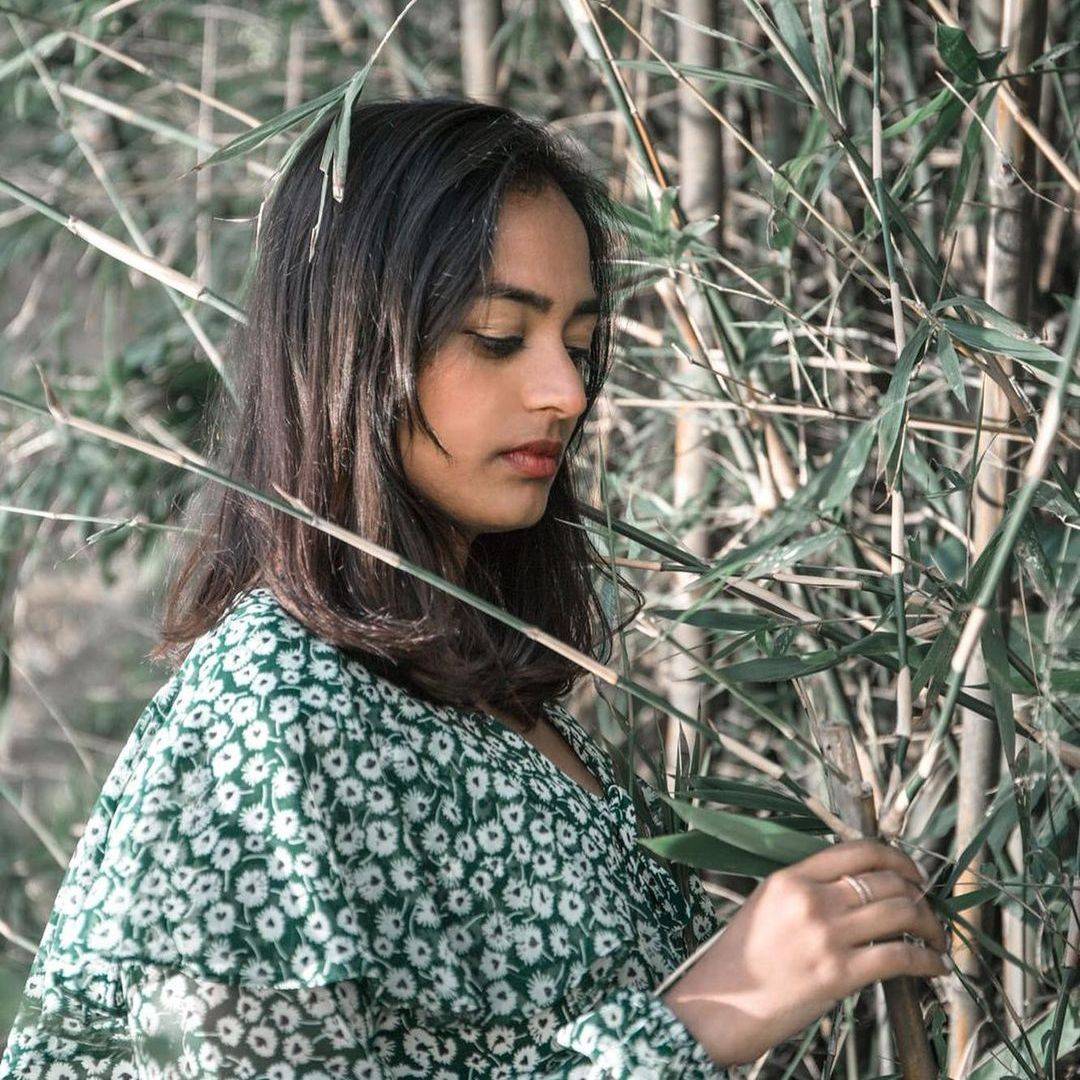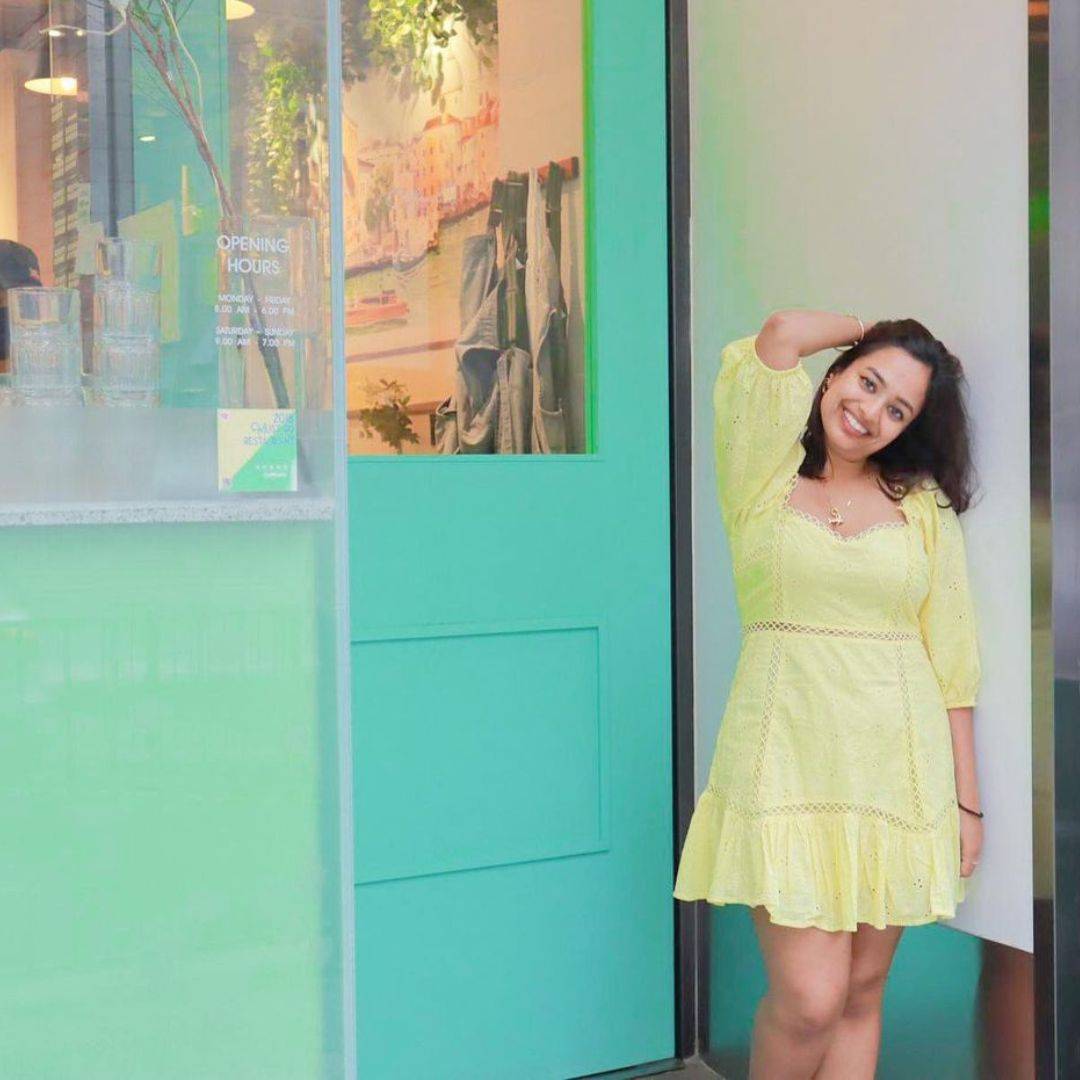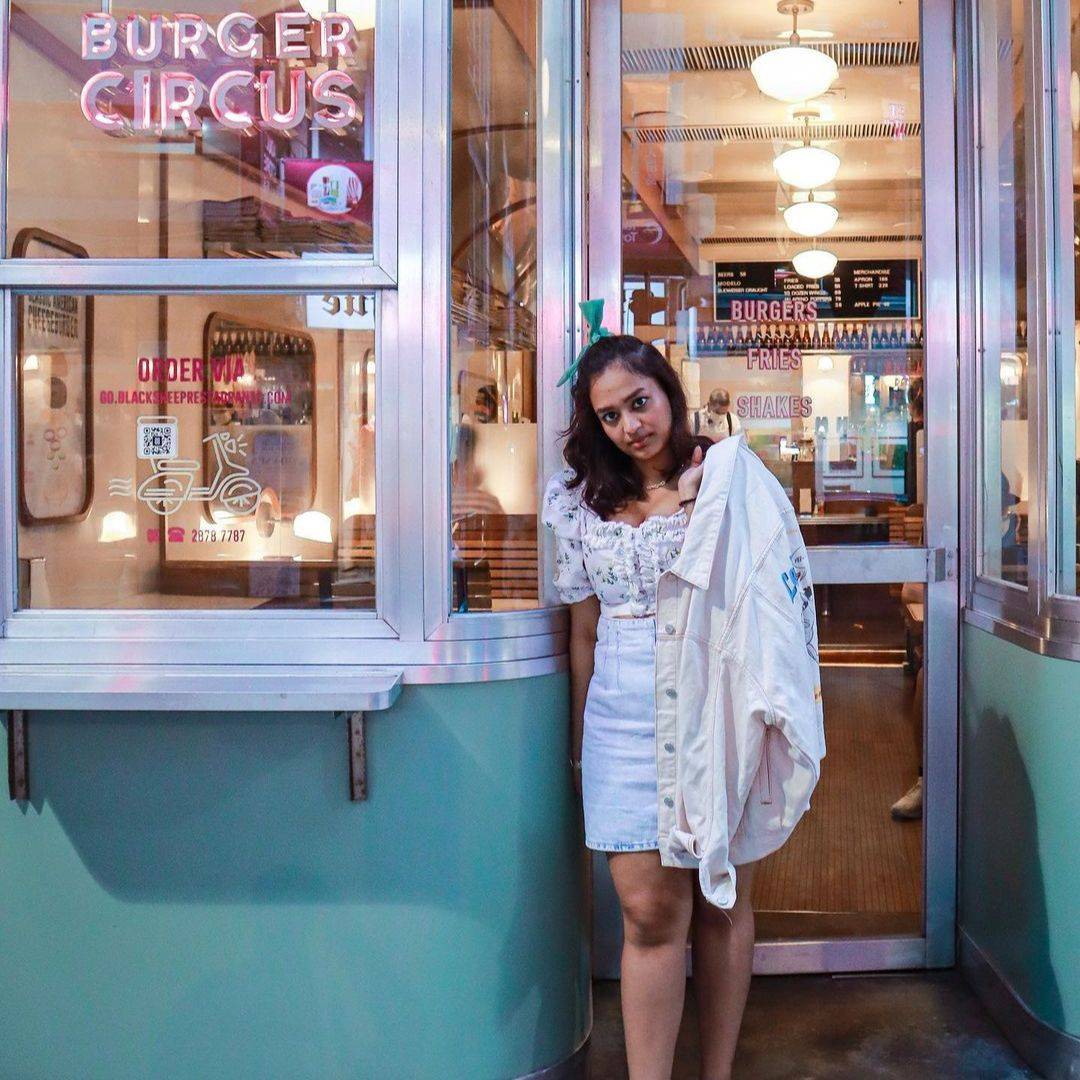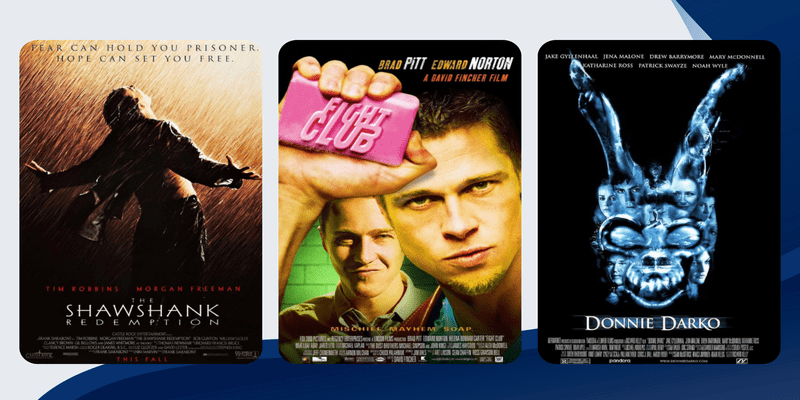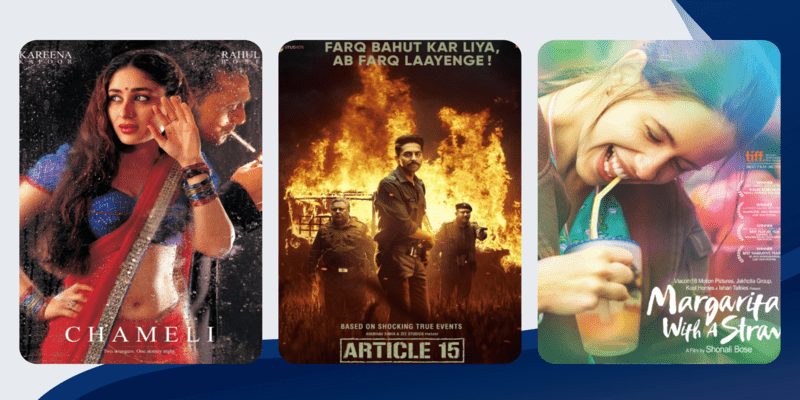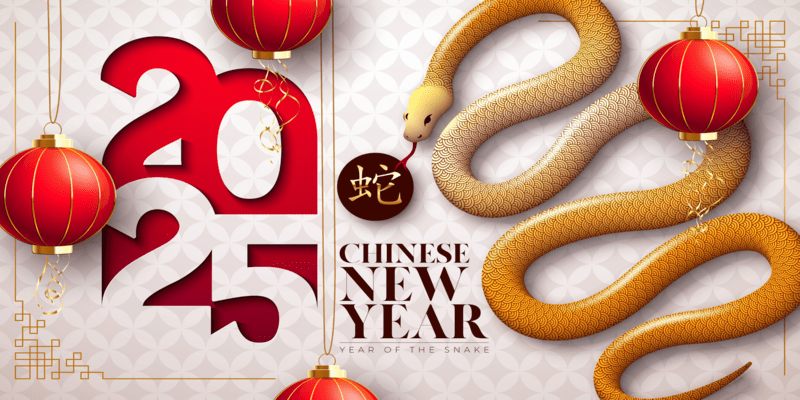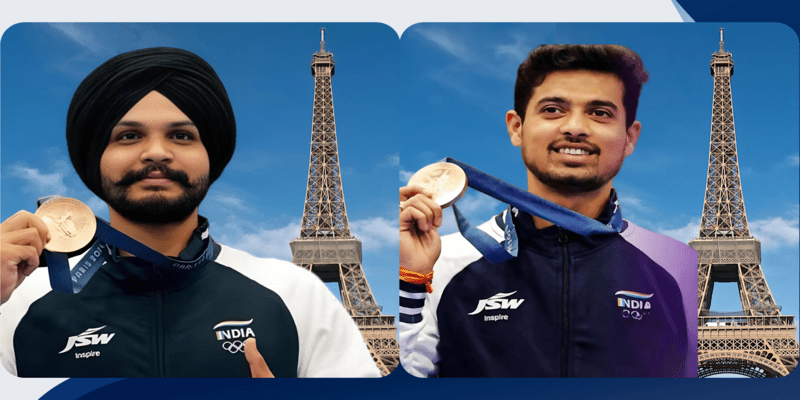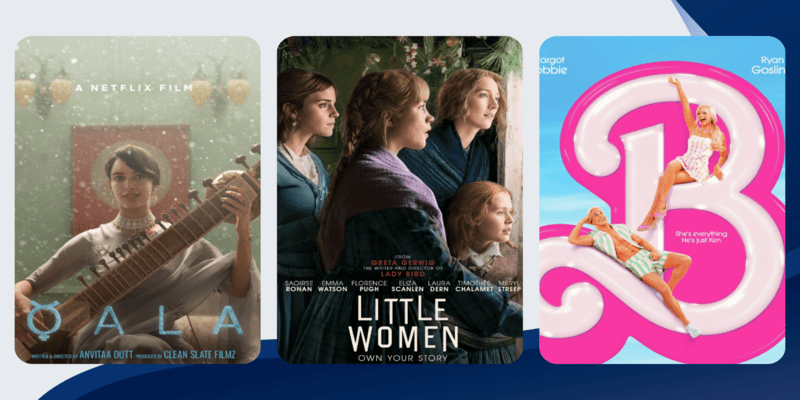Eliminating the language barrier
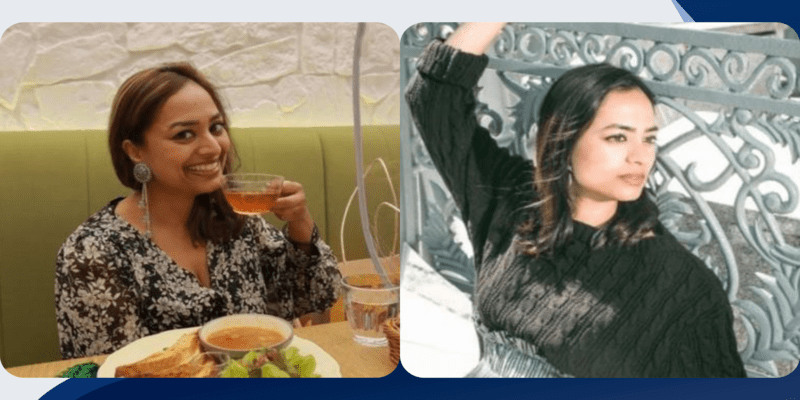
YouTube sensation New Dellily has not only eliminated the language barrier between Hong Kong and India but has also helped in clearing the misperceptions between the two communities. The 27-year-old, who has 8K subscribers on YouTube, is known for creating content from the heart and her humble persona adds impetus to her cause of uniting different communities as one. From celebrating her multicultural roots to voicing the pros and cons of both cultures, New Dellily shares her perspective on the commonalities and differences.
How did Hong Kong become your base?
I was born and brought up in Hong Kong. My dad moved here with his family when he was 16 and fell in love with the place. He decided to make Hong Kong his home and settled here to start his family. My dad learnt Cantonese because of work and always wanted us (my brother and I) to learn as well.
How was it to grow up in Hong Kong and learn Cantonese?
When it was time to start primary school, my parents discussed and admitted me to a local school which I was confused about. I don’t remember much in the beginning because everyone communicated in Cantonese and all classes were taught in Cantonese. So, I used to sit cluelessly. The teachers were worried that my education was getting affected and the principal gave my mother a deadline of two years to improve my Cantonese. It was stressful for my parents because international schools in Hong Kong are not cheap. So, my mother started hiring tutors to help me. Even though she could not speak the language herself, she knows her daughter well enough to know if the tutoring was working or not.
I remember she would sit with me and look at my facial expressions and ask me what I learnt. She went through at least 10 tutors and finally found someone who could be trusted with the task. She was a university student so she treated me like her little sister. She would take me for movies, obviously in Cantonese, and take me to traditional Chinese restaurants to learn more about the culture. Till date, she is friends with my mother and always jokes that I should tutor her daughter in English. Gradually, my Cantonese started improving and in the second year of primary school, I got the best student award.
When my communication skills improved, I started making new friends and understood more about the local culture. Even though there were minor comments here and there about my culture, I tried to take them in a positive light and educated them in return. My primary and secondary school days were fun. My friends would invite me to their homes for meals. I was curious to know more about the local culture and my friends were more than happy to answer my queries. Even though I loved my friends and family in Hong Kong, I still wanted to live outside and have new experiences. So, my parents sent me to the UK for boarding school. My English was bad since I was only communicating in Cantonese most of the time. I studied abroad for five years and thoroughly enjoyed the experience. I met people from all around the world and learnt about their cultures and backgrounds. It was a unique experience because when I was in Hong Kong, my friends were all traditional Hongkongers and now I am happy to say that I have friends from all over the world. Thanks to my connections, I could travel anywhere and I would have a guide.
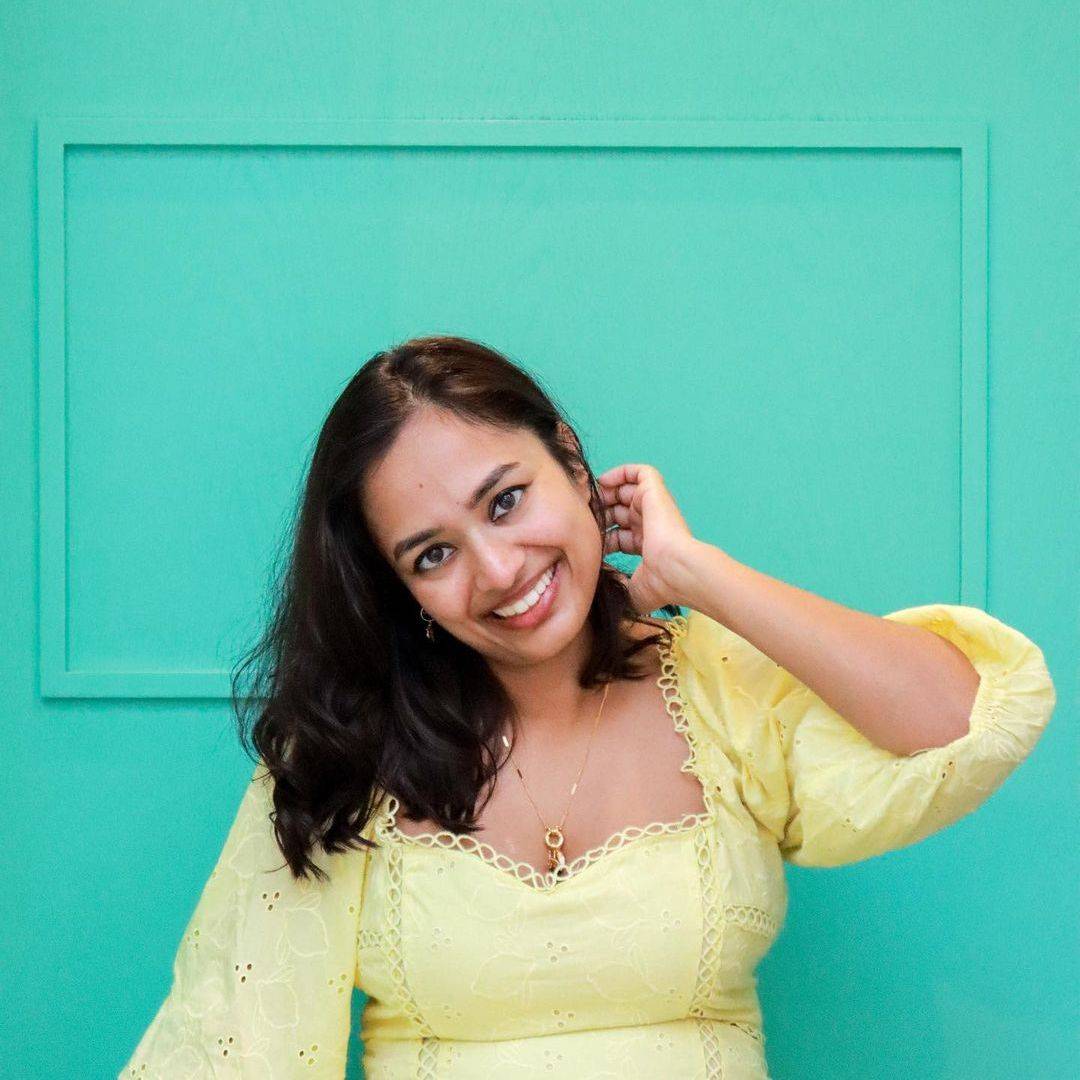
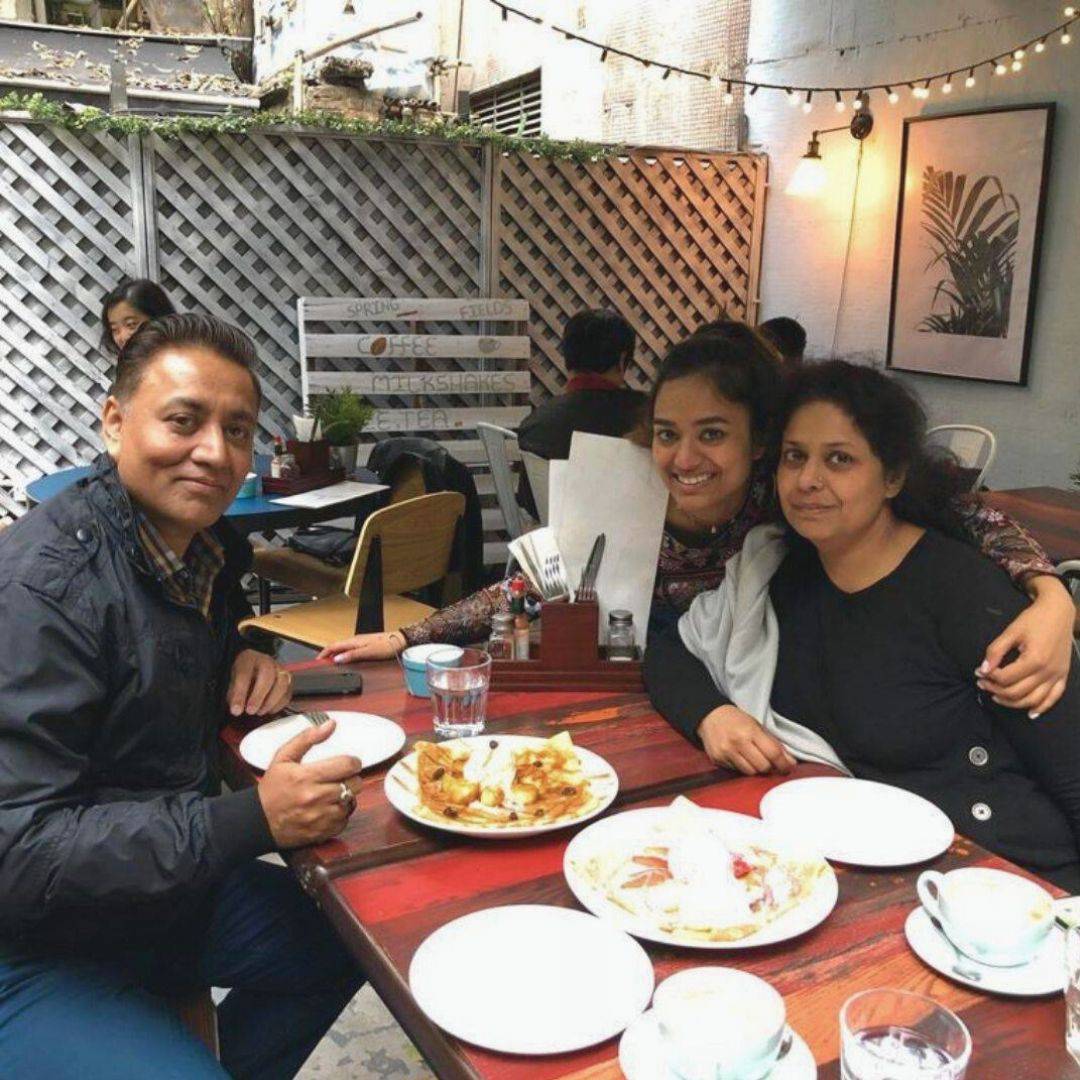
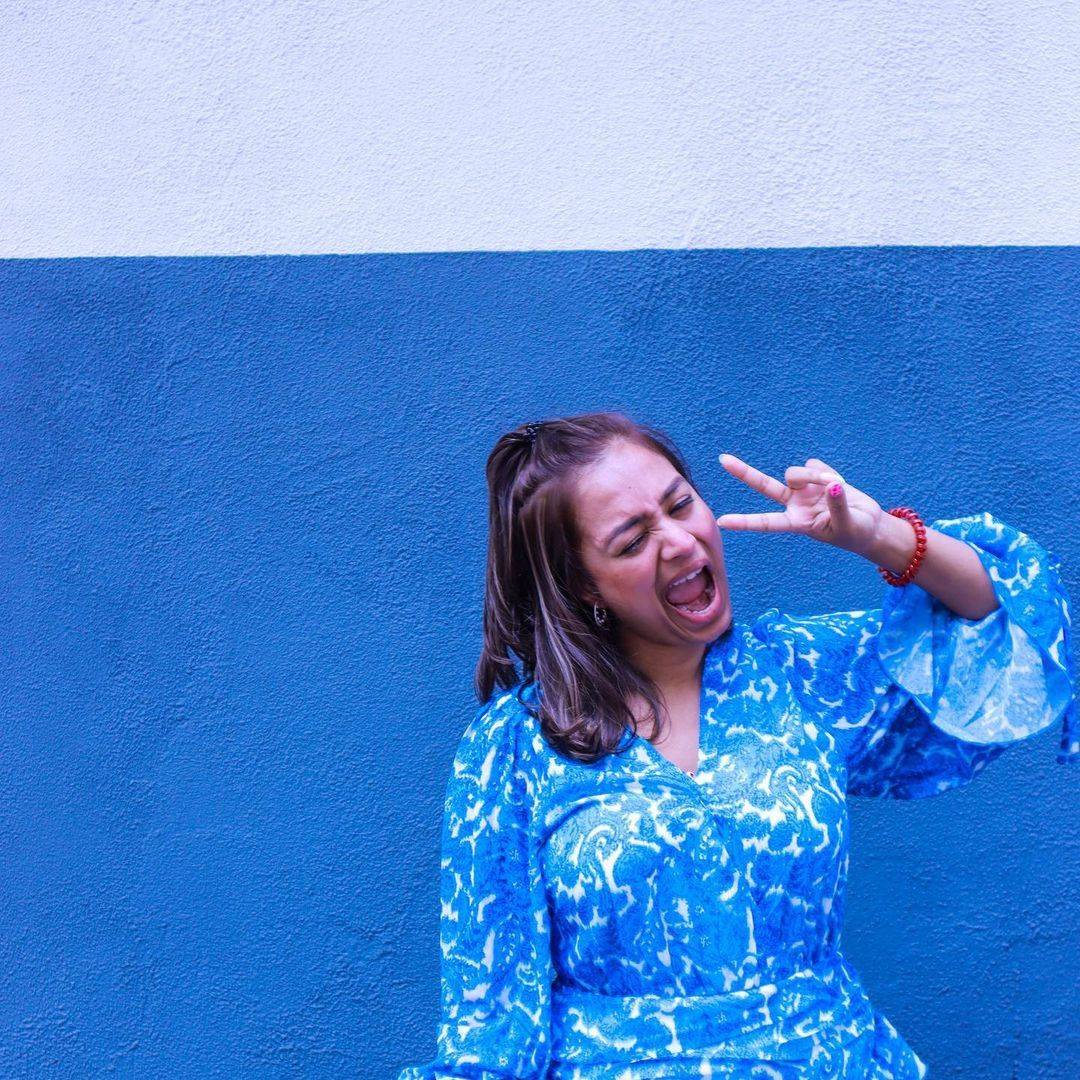
What does language mean to you and how comfortable you are with the different languages that you speak?
I think knowing a language is very important because you feel closer to the person when you speak in the same dialect. With my family, I love talking to them in Hindi because it gives me a feeling of warmth and comfort. English is obviously important for understanding Netflix and being able to communicate with people all around the world. Last but not the least, Cantonese is kind of my first language now because I use it the most in my videos and while interacting with my friends. Understanding Cantonese makes me feel more connected to Hong Kong.
How did you come up with the idea of creating a YouTube channel to eliminate the language barrier?
I never ever thought that I would become a YouTube sensation or even a public figure. I am not one of those girls who are fond of taking photos and making videos. I used to watch YouTube videos and admire the confidence people had and how easily they could talk in front of the camera. I thought I could never do that. Also, every time I watched YouTube, it was mostly about makeup and reviews… so I was always looking for something unique. One day out of the blue, my best friend asked me if I would be interested in making videos. I obviously laughed it off. Me…making videos?! I don’t even own a camera, don’t know how to edit and I can’t talk in front of the camera. But she was persistent and kept asking and even offered to help.
I finally agreed to make a single video and give it a try. I was working full-time and I was quite miserable. It helped me learn how to be confident and I acquired video editing skills as well. I started thinking more about the video content and eventually quit my job because being a YouTuber made me happier. I was thrilled to know that people in Hong Kong are keen to learn about the Indian culture but language was a barrier. I made most of my language skills and helped people by resolving their queries. Fast track to today, every comment or question makes me super excited!
How does it feel to be multicultural and have you ever felt uncertain about your cultural identity?
It feels amazing! When I was growing up, I used to be confused with my identity because I was the only multicultural kid out of 300 students in the school. I knew I would get looked at differently and treated differently but eventually, got over it. I realised I am different and I am lucky to be. As I learnt more about the local culure and made more friends, the uncertainity went away. Slowly, I started feeling closer to Hong Kong and it made a special place in my heart. Hong Kong is home now but I still love my rich and colourful Indian side.
What was the rationale behind the name of your YouTube channel? ‘New Dellily’
It is a funny story. I was just joking about it with my friends because my mother is from Delhi and I mainly visit the place once a year. So, that is where ‘New Delhi’ came from. My actual name is quite hard for people in Hong Kong to pronounce so some people call me Lily. Combining the two made New Dellily. In hindsight, maybe there are better options but now it’s stuck.
Who is your target audience and how are you trying to breach through them?
In the beginning, I thought my followers were a more mature crowd because youngsters are more interested in makeup and trendy stuff. But to my surprise, my audience is diverse. It ranges from 16-year-olds to 60-year-olds. Anyone who is fascinated by the Indian culture is someone whom I am trying to target. Whenever my friends post a photo of me on social media platforms, they would get comments such as “Oh, you know New Dellily? I love her videos.” My friends are amazing supporters and they use every opportunity to promote me and spread the word so I barely have to do much.
Your views on racism/cultural bias? Have you ever faced any cultural bias in Hong Kong? How did you deal with it?
Although racism or cultural bias has significantly reduced in modern Hong Kong when compared to Hong Kong of earlier decades, but it still does exist. Personally, I faced it when I was finding a job in Hong Kong. A lot of the times I would get passed over for an opportunity despite fitting the profile (as the perception was that being an Indian, I won’t know Cantonese). I observed this as several interviewers later admitted that they almost disregarded my CV due to my ethnicity. I had to work much harder and be patient to finally find a job.
What do you think are the commonalities between Indian culture and Hong Kong culture?
One of the most common aspects is that festivals and celebrations are important to both cultures. They have their own festivals and rituals as well as traditions. For example, Indians celebrate Diwali, Holi and Independence Day, among others. For Diwali, many Indian families light candles around their houses, which is a very old tradition, some families even observe fasts during Navratras. In Chinese culture, commonly celebrated festivals include Mid-Autumn Festival, Dragon Boat Festival, and Chinese New Year, among others. For Mid-Autumn, Chinese people gather around with their families for dinners and have mooncakes together. Some of these traditions date back to almost 3,000 years ago. The best part is how my friends include me in their celebrations, and vice-versa. For instance, my friends often give me red packets and gift mooncakes during Mid-Autumn Festival, and my mother gives them Lai See during Diwali.
What are the differences between the two cultures?
The importance of family. For Indians, we would do as our parents say, no matter how old we are. But as for my local friends, they are quite independent. Both cultures value family immensely, but in the Indian culture, there are more traditional restrictions (curfew time or being vegetarian) and over-protective parents. In Chinese culture, there is more freedom and exposure. I have noticed that some Indian parents don’t allow their kids to date non-Indians. Meeting our partner’s family is a very big deal in Indian culture whereas it is a very common concept in Chinese culture.
What are the main misconceptions amongst Hongkongers, especially towards South East Asians?
We only eat curry! I have been getting this question since I was seven years old. After a point, I got used to it but now people in Hong Kong are more aware of different Indian cuisines and are happy to even experiment. Also, a lot of people have a negative image of Indian men. They think that they are creepy or scary. Especially, after reading about the rape cases in India. However, it’s just a stereotype. Not all Indian men are like that. I even made a video on the same issue to create awareness. In fact, my boyfriend is Indian.
What are your future plans regarding the channel?
I’ll continue making content about Indian culture and try to promote Indian businesses in Hong Kong. I would also love to showcase different cultures in Hong Kong, other than just Indian. Hong Kong is a vibrant city with a lot to offer. There is so much cultural and historical background to explore. My goal is to make people aware about different minority groups and religions and highlight the fact that we are all unique in our own way. Together we should celebrate our uniqueness rather than creating a divide.
What is the message you would want to convey to the youngsters out there?
Be unique and stand out from the crowd. Being different is the ‘new swag’. Nobody is going to pay attention or like you if you just blend in and do what everyone’s doing – following the herd mentality. Don’t be afraid to step out of your comfort zone because that’s where the fun begins!
Any advice to ethnic minorities in Hong Kong who are struggling to establish their own identity?
The key is to be yourself and most of all, stay positive. Initially, it may take some time and you may need to make that extra effort. But when you surround yourself with positive energy and people who believe in you, you’ll find it much easier to establish your own individuality. In Hong Kong, people can take time to open up but once they do, they are very welcoming. Another key is to speak up. Often you will hesitate or refrain from speaking up about something or voicing out your opinions. However, in order to build your self-worth and esteem, you need to stand up for your beliefs.
